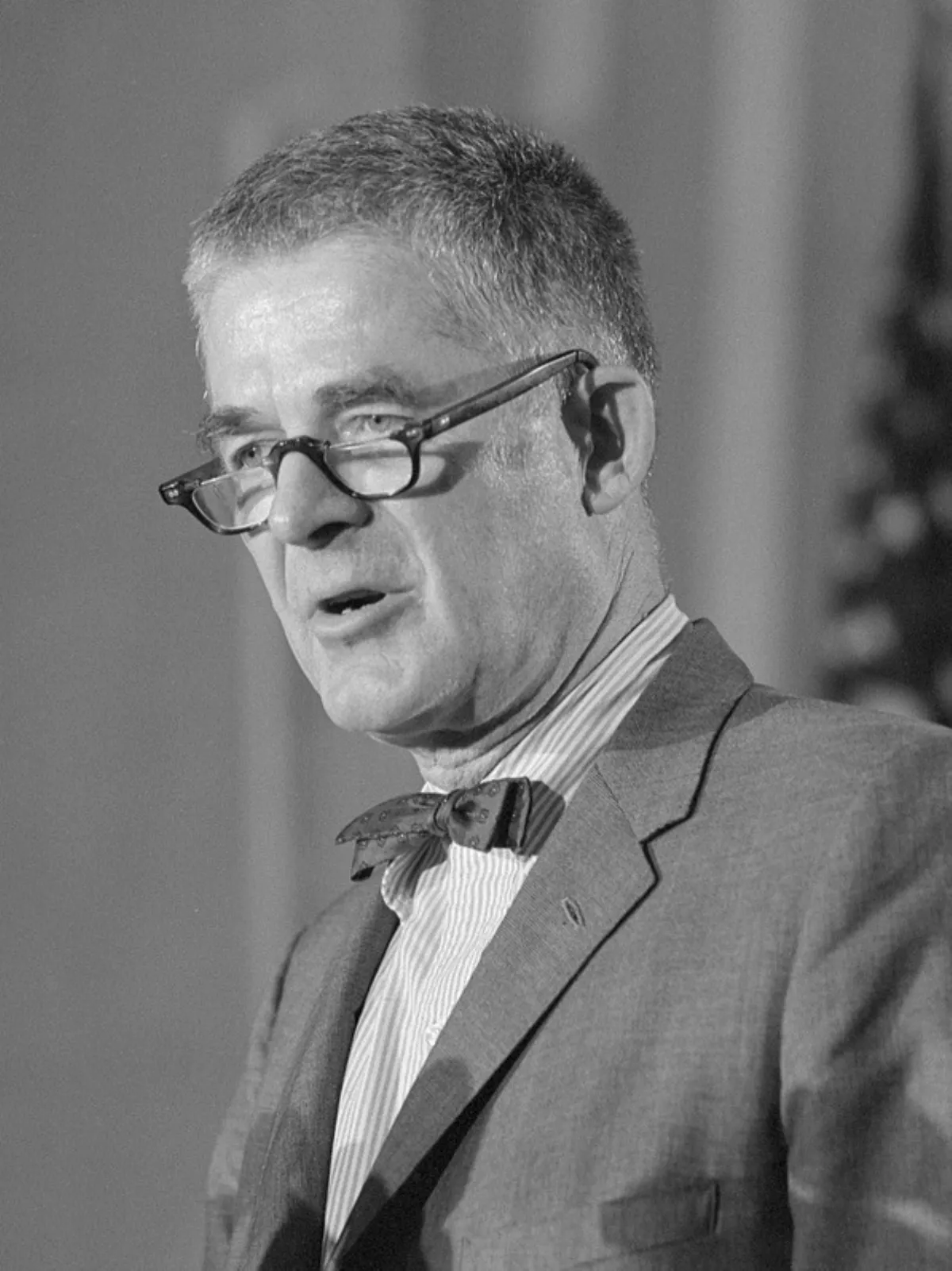 1.
1. Archibald Cox became famous when, under mounting pressure and charges of corruption against persons closely associated with Richard Nixon, Attorney General nominee Elliot Richardson appointed him as Special Prosecutor to oversee the federal criminal investigation into the Watergate burglary and other related crimes that became popularly known as the Watergate scandal.